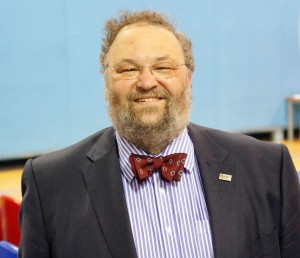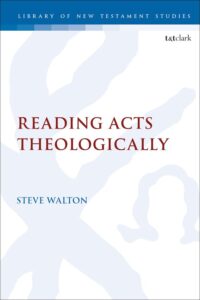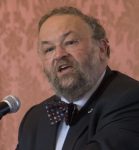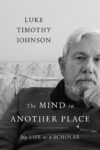Slides on Introducing the Theology of Paul
I have had the fun of teaching a three-hour introduction (with breaks!) to the Theology of Paul for the (Anglican) Diocese of Leicester’s lay training programme on 12 March 2023. Here are the slides, saved in pdf format, for those interested. Thoughts and comments welcome!




